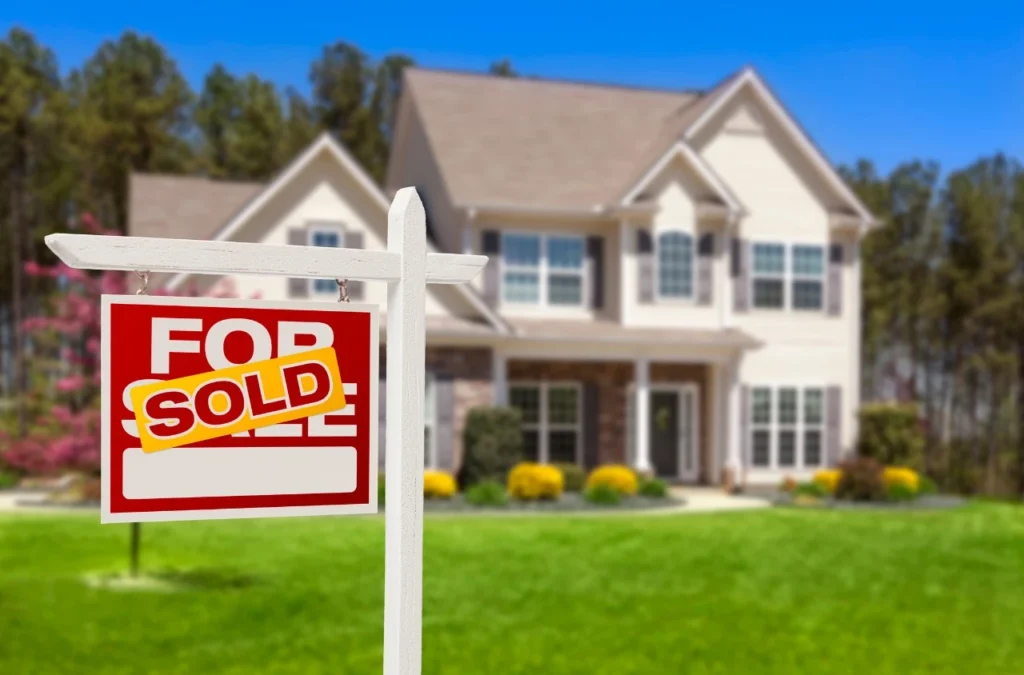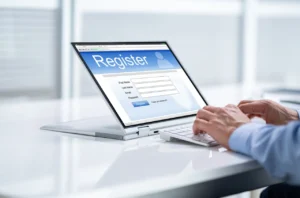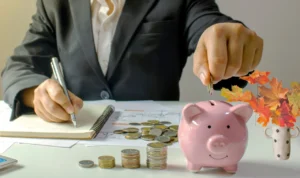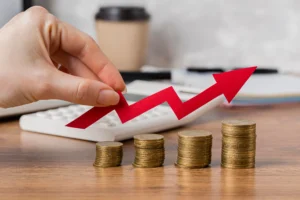Do I pay tax if I sell my house? Many homeowners in the UK wonder about this when they decide to sell their homes for some reason. Whether they sell to relocate, upsize, downsize, or change their lifestyle, what usually happens is they buy another after selling their previous property.
When is tax officially due when selling a house? The answer depends on the seller’s circumstances. It is crucial to know whether selling a home will be taxed or not so that property owners can budget expenses more wisely. This article provides an easy guide about property taxes if owners happen to be taxed and other relevant topics.
Do I Pay Tax if I Sell My House UK?
Not if the house is a ‘primary residence.’ Capital gains tax (CGT) is the main tax involved in selling a property, respectively. However, when the home qualifies as a primary dwelling, it falls under the ‘Private Residence Relief,’ which exempts it from tax when it is sold or disposed of.
Private Residence Relief provides home-selling owners a personal exemption to capital gains tax if they meet the following criteria:
- They only have one home where they lived throughout ownership.
- They did not generate rental income from the property.
- They did not use a part of their home wholly for business purposes.
- The grounds of the entire property do not exceed 5,000 square metres (or an acre).
- The property was bought for dwelling, not for gain.
Aside from taking advantage of this relief, there are several ways to avoid capital gains tax on property investment. In this case, it is highly advised for taxpayers to consult tax professionals to ensure they use the right tax-reducing strategy and maximise the method they are eligible for.
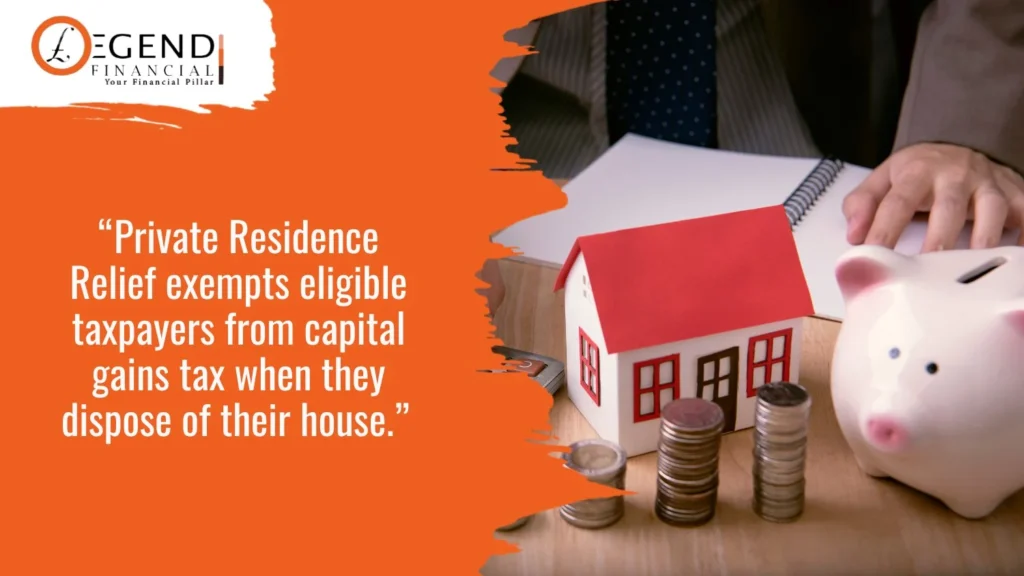
When Do I Pay Tax When I Sell My House UK?
Capital gains tax will be due when the house sold is not a ‘primary residence.’ Such properties include:
- Buy-to-let
- For business
- Land
- Inherited
Tax Implication on Selling a House: Capital Gains Tax
As listed above, taxpayers are subject to capital gains tax on their taxable gain (derived from how much the property increased in value) once they dispose of a property, except for when they sell a legitimate ‘primary residence.’ Second homes and buy-to-let properties are liable to CGT.
Our capital gains tax calculator on UK property & asset sales will be of great help when calculating CGT bills, whether short or long-term capital gains tax and other factors. The article also provides a simple guide to the current tax year’s allowances and rates on both investments and properties.
Tips for Buy-to-Let Owners
Buying property to let is especially one of the most common income-generating means in the UK. Buy-to-let properties are specifically used to rent out to a tenant for profit. Selling a buy-to-let property will be liable to CGT. Check out our guide to avoiding capital gains tax on buy to let property here.
As buy-to-let owners are automatically considered landlords, another of their tax implications is income tax, which is based on their rental profits. Here is a comprehensive tax advice for landlords in the UK. Click on the link for more information.
Do I Pay Tax if I Sell My House and Buy Another?
Yes, particularly stamp duty, which is the tax associated with buying a property in the UK (CGT is for property disposals only). This is if the person buying another property exceeds the stamp duty threshold, which is normally at £250,000 in England and Northern Ireland. Other parts of the UK (Scotland and Wales) have different tax-free rates.
As the individual is no longer a first-time buyer, considering they owned the home they previously sold, they are no longer eligible for the first time buyer stamp duty relief. This relief exempts legitimate first-time buyers if their purchase does not exceed £425,000 and taxes property purchases between £425,000 and £625,000 at a mere 5%.
Selling a house is one thing; buying a new one is another topic. Many UK homebuyers tend to do both, selling an old home and buying another afterwards. The newly bought home or mortgage is automatically treated by HMRC as a second mortgage, which means the standard tax rate will attract an extra 3% stamp duty, added on top of specific tax brackets the purchase price belongs to.
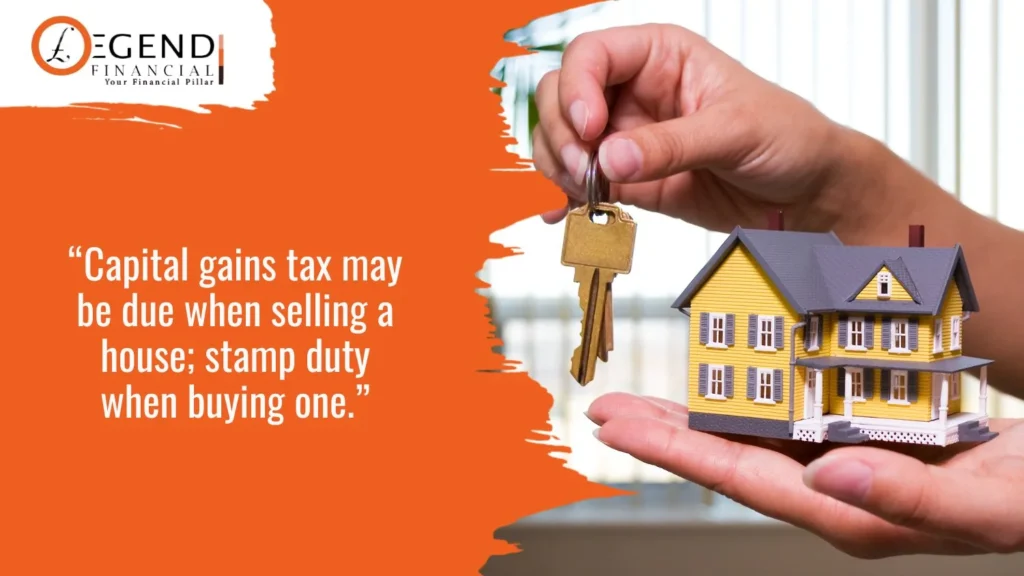
Tax Implication on Buying a House: Stamp Duty
Upon buying a house, stamp duty is a crucial consideration as it can add thousands of pounds to the original property price. Stamp duty rates depend on where the house is bought, whether the buyer is a UK-resident or not, and other factors.
See Stamp Duty Land Tax Calculator UK for more information. As stamp duty is a dynamic tax, it can be very challenging to work out the right tax bill without the help of tax experts. The article will only provide guidance on how to work out stamp duty and does not replace professional guidance. Seeking professional advice is most recommended.
Tips for Home-Selling and Buying
In some cases, if the property is not eligible for ‘Private Residence Relief’ upon disposal and the individual buys another property, the real estate investor is liable to both CGT and stamp duty. This could mean a very heavy tax burden for the individual.
Those who are planning to do both—sell a home to buy another—should consider both capital gains tax and stamp duty implications alongside other expenditures (e.g., solicitor fees, real estate agent fees, etc.) to not be caught off-guard of how much they may have to pay when all is done. Tax and financial advisors offer substantial guidance on this point.
Other Frequently Asked Questions
Capital gains tax is due on properties sold overseas if the seller is a UK resident. Read our guide about the rules for paying capital gains tax on overseas property for more information.
CGT is only paid to properties that are not used as ‘Primary Residence.’ One of the criteria that a house is a main dwelling is that the property owner has lived in it for at least two years.
Yes, especially those who have tax to pay. They will need to file tax returns and pay capital gains tax on their chargeable gains after they have successfully disposed of the asset.
If it is a home used as a main dwelling, there will be no capital gains tax. If it was an investment or second home property, then tax may be due.
How Legend Financial Can Help
Do I pay tax if I sell my house? This depends on your circumstances. In most cases, there is no capital gains tax due if the property qualifies for the ‘Private Residence Relief.’ Selling a home to buy a new one is another point of discussion, as this involves stamp duty. If it is a buy-to-let property, then the homeowner is winding down to the landlord path, in which case they are due income tax—joining the Let Property Campaign is a huge help at this point.
Many people in the UK tend to sell an old home to buy another. If you are now in this scenario, Legend Financial is here to be your ultimate tax guide. From calculating your capital gains tax and/or stamp duty liabilities to filing your tax returns, our tax experts have got your back. Call us today!



